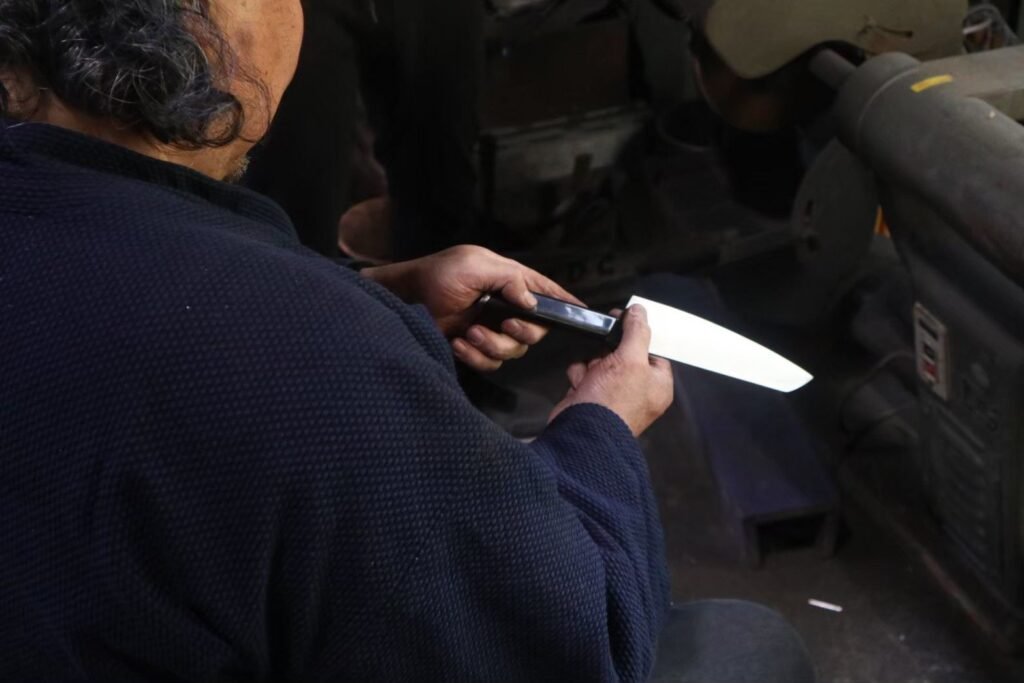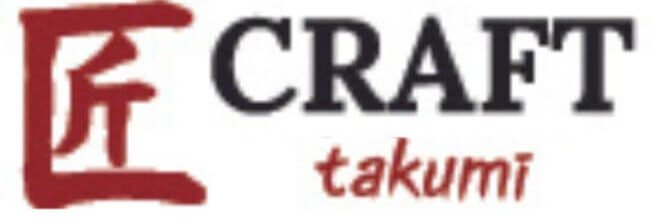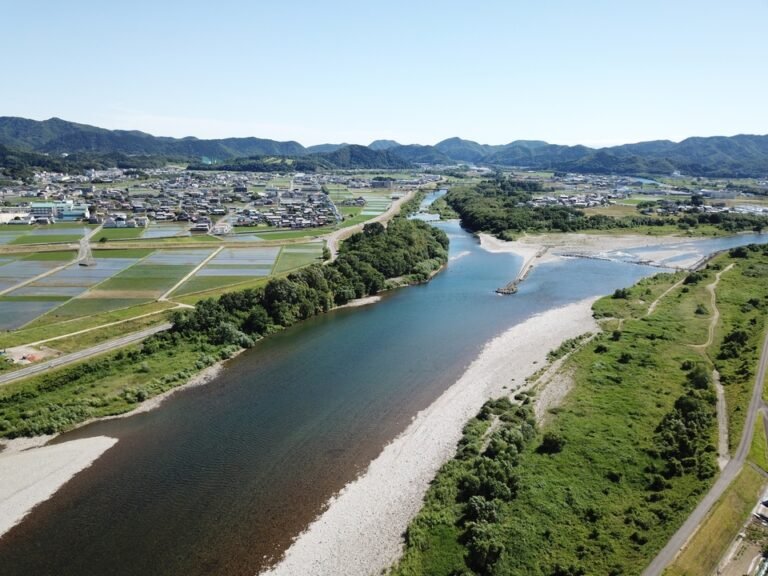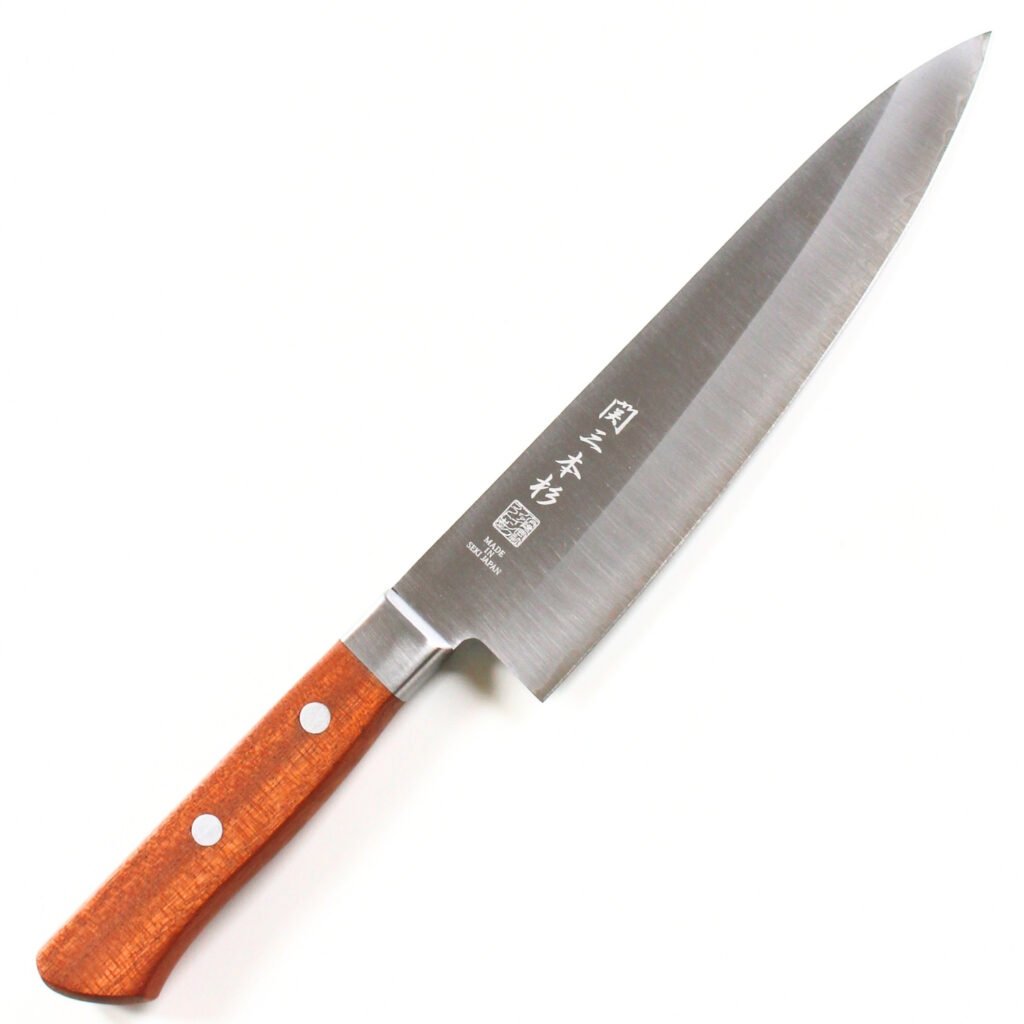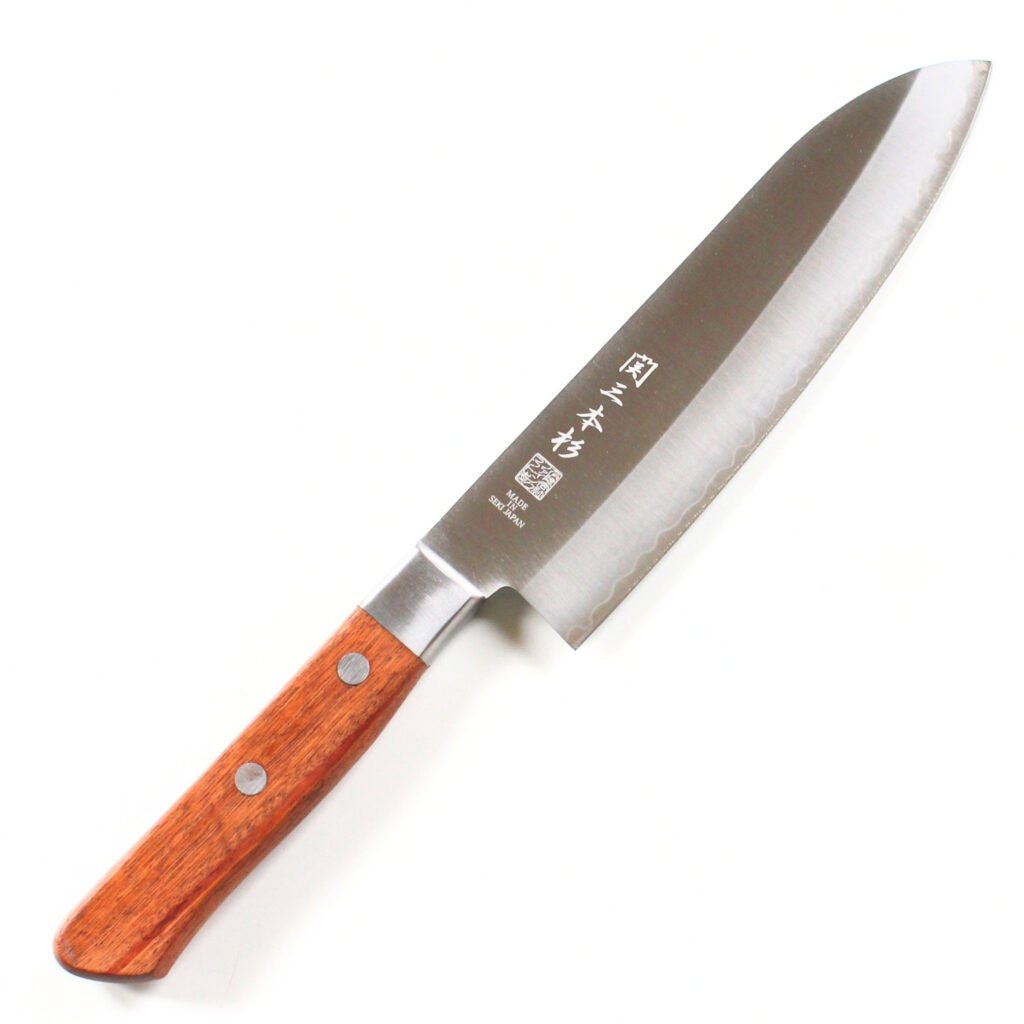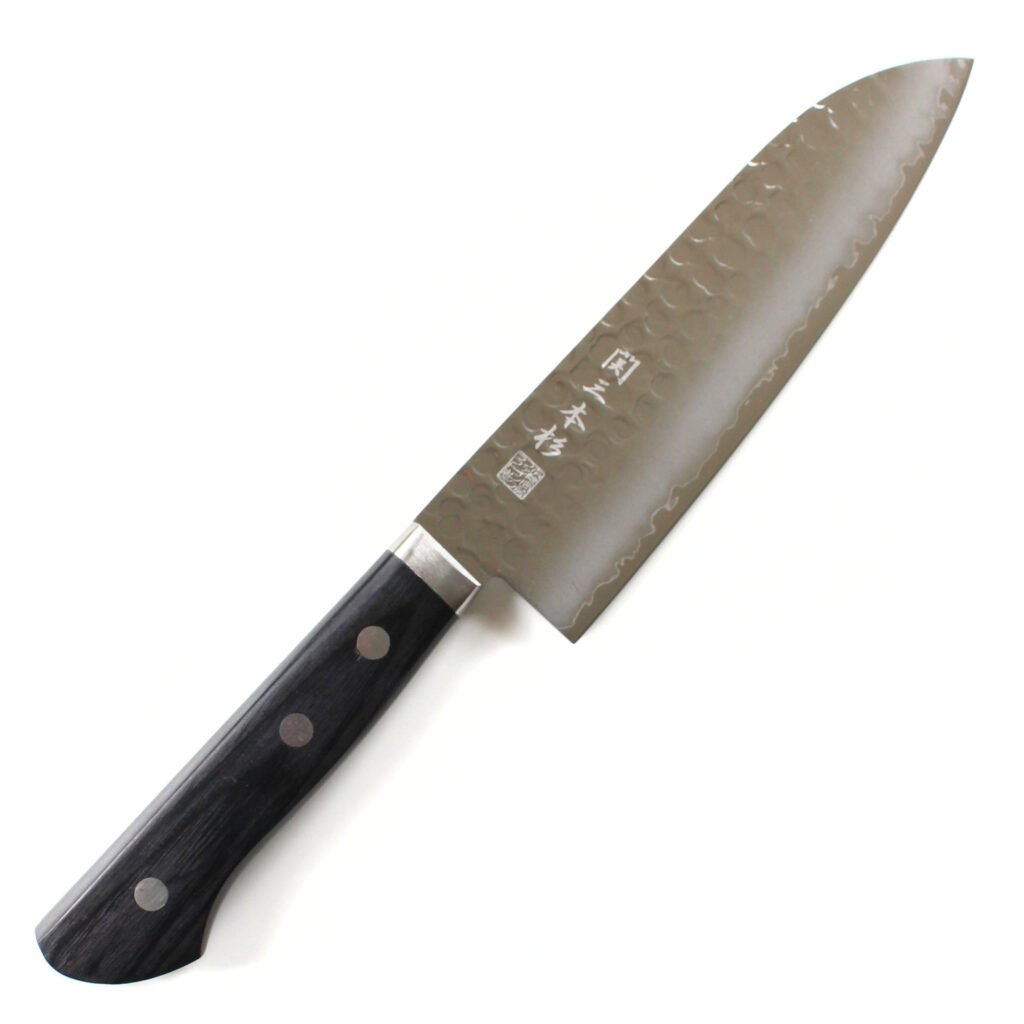Have you ever heard of Seki City? Many might recognise it as one of the world’s top three cutlery-producing regions. However, how many people know why it became so famous for its knives? Seki City produces nearly half of Japan’s kitchen knives, and it is home to many renowned knife brands both domestically and internationally. In this article, we’ll explore the history and appeal of Seki City.
The City of Cutlery: Seki City

Seki City is located in the south-central region of Gifu Prefecture, near the geographical centre of Japan. It is a picturesque city with a distinctive V-shape, surrounded by lush green mountains, clear rivers, and serene rural landscapes, offering a deep connection to nature.
Seki is recognised as one of the world’s top three cutlery-producing regions, alongside Sheffield in the UK and Solingen in Germany. With a long history of craftsmanship, Seki is renowned for its production of swords, kitchen knives, and other bladed tools. Known for its high-quality materials and traditional techniques, the city has gained recognition not only in Japan but also among knife enthusiasts worldwide.
The History of Knife-Making in Seki City
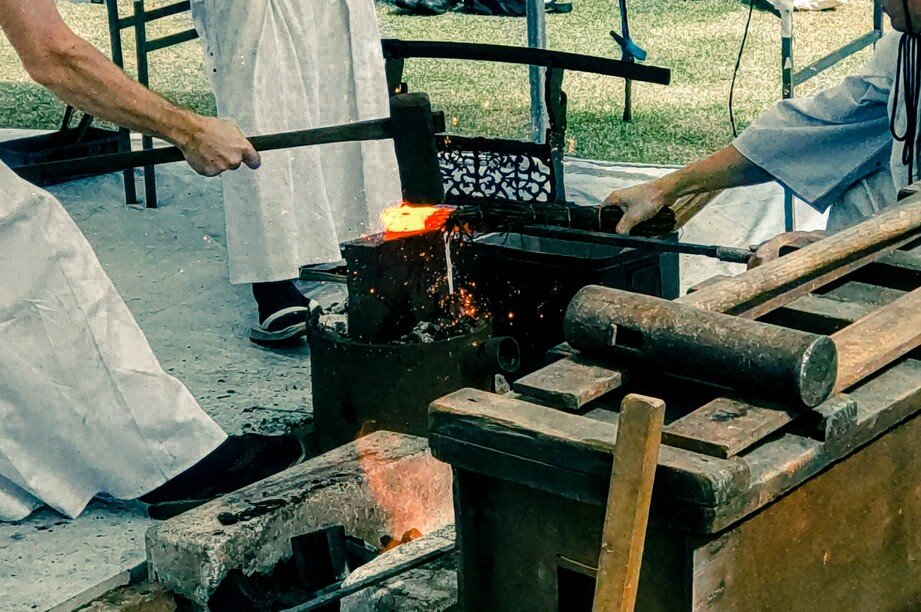
Seki City is renowned for its cutlery due to its historical roots as a center for swordsmithing. The history of sword-making in Seki dates back to 1229 when a master swordsmith relocated to the area and began forging swords. This marked the beginning of Seki’s rise as a sword-making town, a tradition that has continued for over 700 years.
Seki was an ideal location for swordsmiths because it provided abundant resources essential for sword-making. The region had a plentiful supply of pine charcoal, high-quality clay for tempering, and pure water sources, all of which were crucial for the forging process. These favourable conditions attracted many swordsmiths to Seki, leading to the flourishing of the craft.
As times changed and Japanese swords were no longer needed as weapons, Seki’s artisans shifted their skills toward producing everyday cutlery, preserving their craftsmanship in the creation of high-quality knives and tools.
The Appeal of Seki Cutlery
The knife-making techniques of Seki City have been refined and passed down through generations.
Traditional knife-making involves processes such as forging, heat treatment, blade sharpening, and handle attachment. These skills, along with the spirit of Japanese swordsmithing, have been inherited over time and continue to live on in the artisans of Seki today.
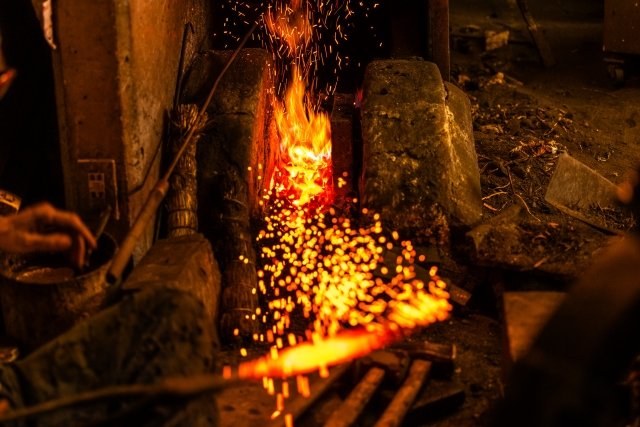
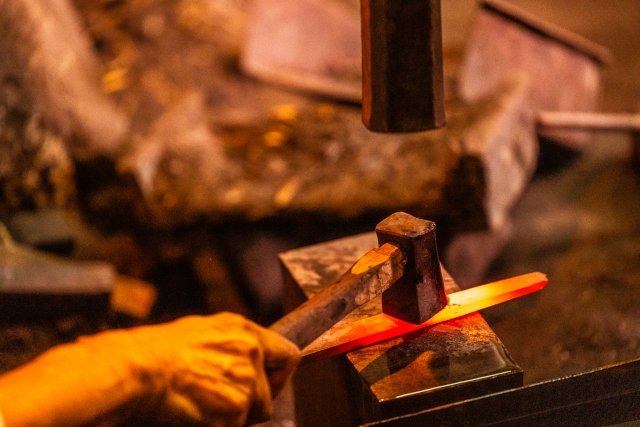
Additionally, Seki’s cutlery industry has actively embraced modern equipment and machinery. In recent years, advanced technology has been introduced to improve production efficiency and reduce costs. Modern household kitchen knives are primarily manufactured through processes such as pressing, heat treatment, cooling, grinding, polishing, sharpening, and handle attachment.
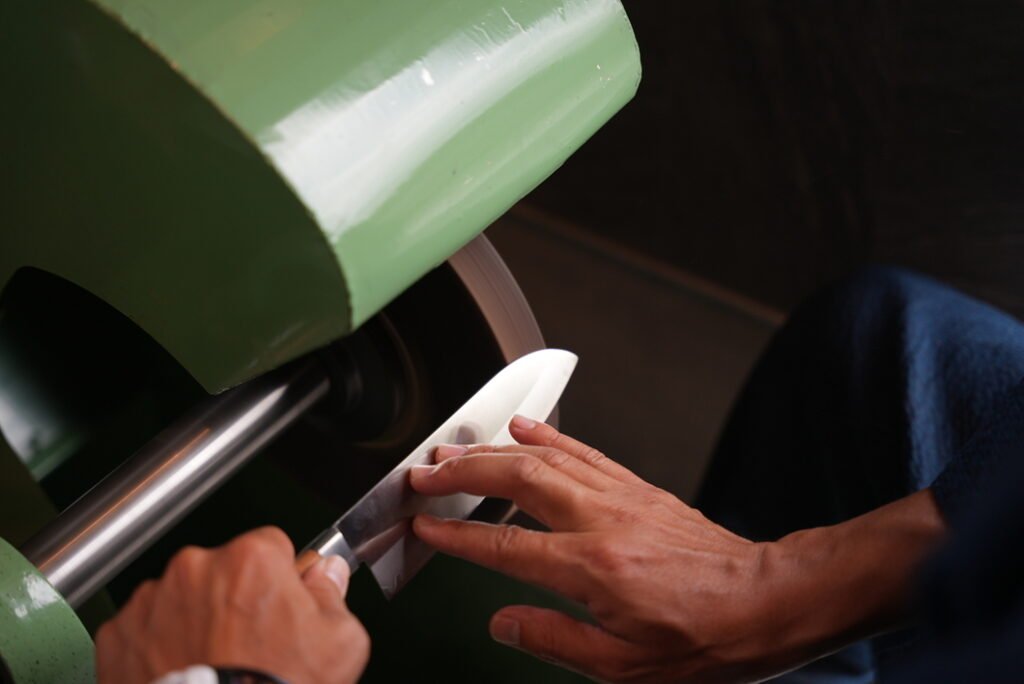
With a long-established division of labour in knife-making, Seki’s artisans continue to apply the techniques that have been passed down through generations to modern knife production. As a result, knives made in Seki are renowned for being ‘strong, resistant to bending, and exceptionally sharp.’
Discover More About Seki City
Seki City is renowned as the “City of Blades,” home to the Hamono Kaikan (Cutlery Hall), where a wide variety of knives are displayed and sold, and the Denshou Kaikan (Traditional Swordsmith Museum), where visitors can observe Japanese sword-making techniques and learn about the history of the craft. These facilities offer a close-up look at the knife-making process and the craftsmanship of skilled artisans.
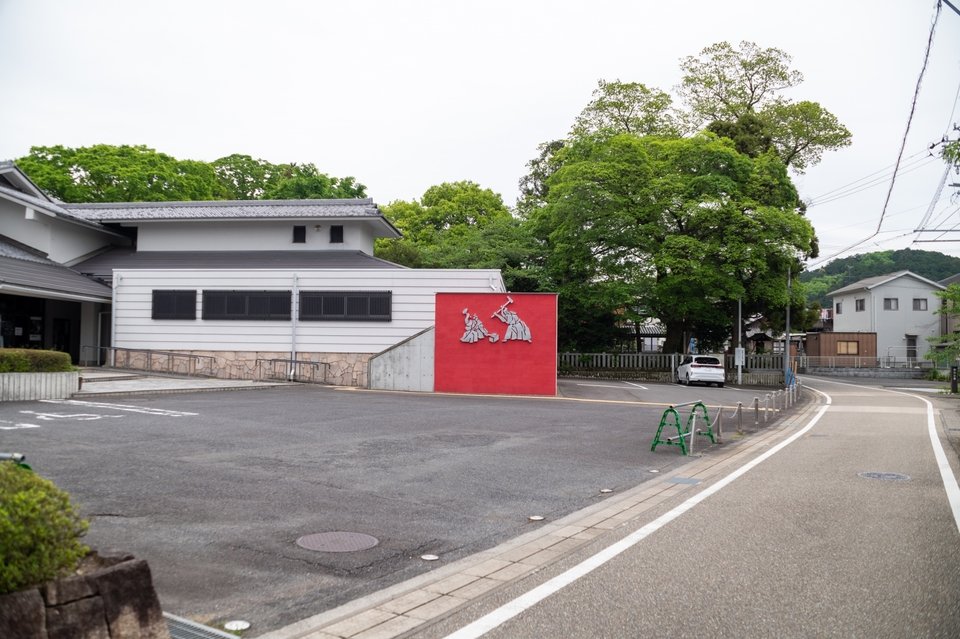
Every autumn, Seki City hosts the annual Hamono Matsuri (Cutlery Festival), attracting many visitors with knife sales, knife-sharpening experiences, stage events, and exhibitions showcasing the knife-making process and history. This festival is a must-visit for knife enthusiasts.
Seki City offers a deep dive into the craftsmanship and history of blade-making, providing a unique opportunity to experience and appreciate the tradition and skills of Japanese artisans.
Our Popular Knives from Seki City
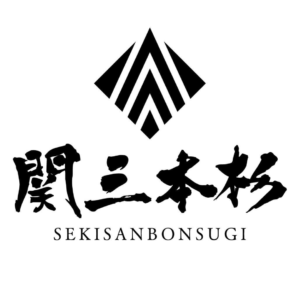
A temper line named Sanbonsugi (meaning “three cedars”) features pointed, wavy patterns where every third peak stands taller, resembling a row of cedar trees. This blade pattern, created in the late Muromachi period (late 15th to mid-16th century), reflects the exceptional craftsmanship passed down from the Muromachi era (1336–1573), which continues to be utilised in modern blade production.
In this article, we explored the history and appeal of Seki City’s knife-making. Experience the high-quality Japanese kitchen knives from Seki City, Japan, crafted for everyday use in New Zealand. Visit our website to find the perfect knife for your kitchen.
